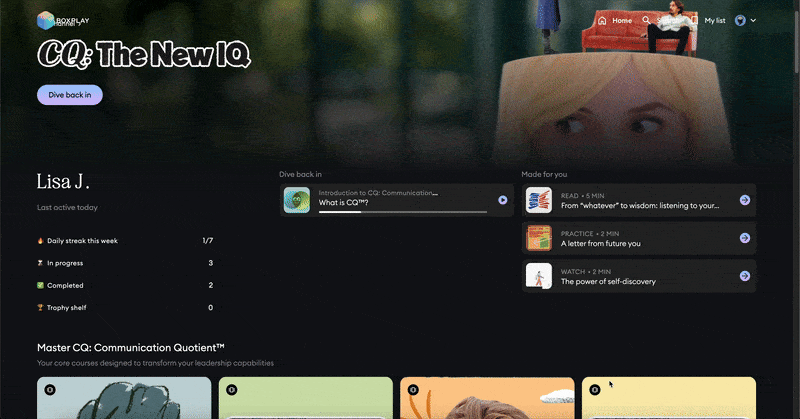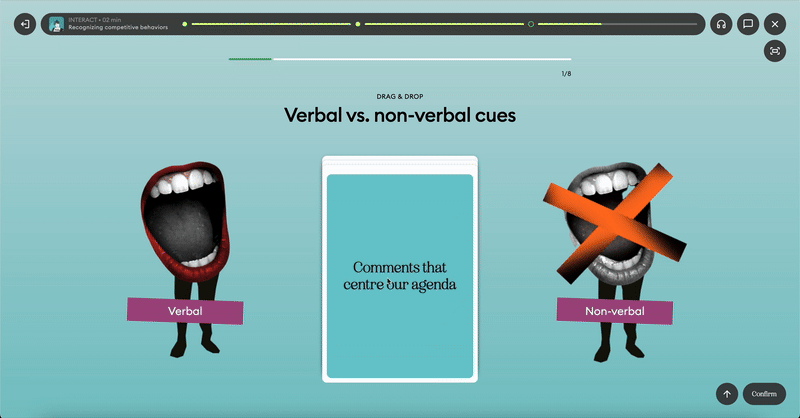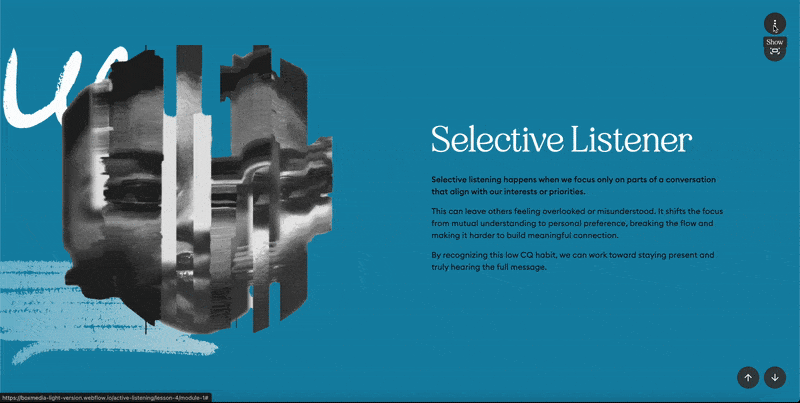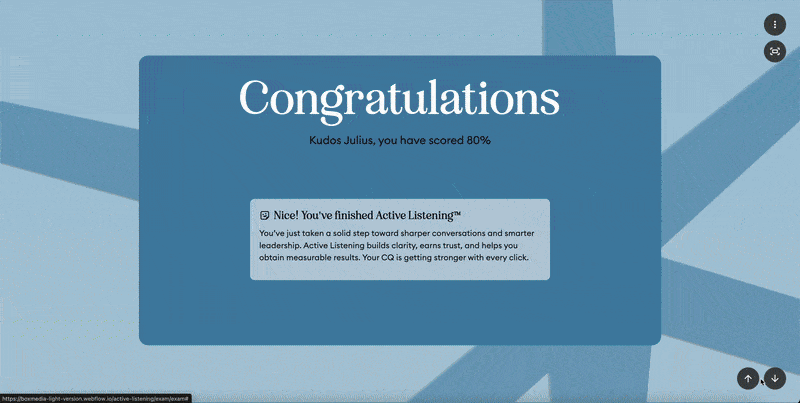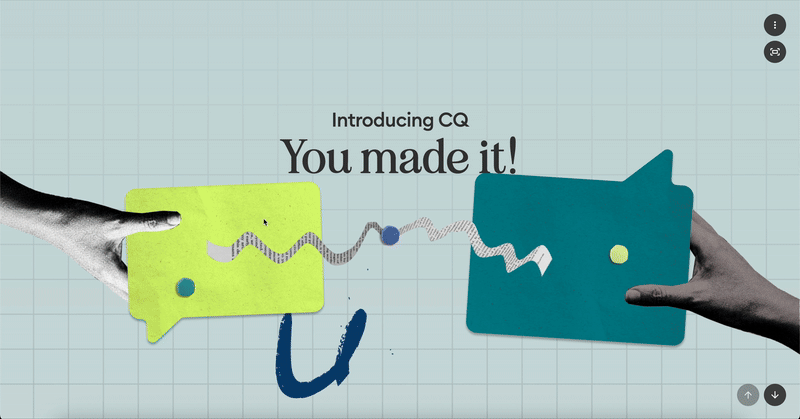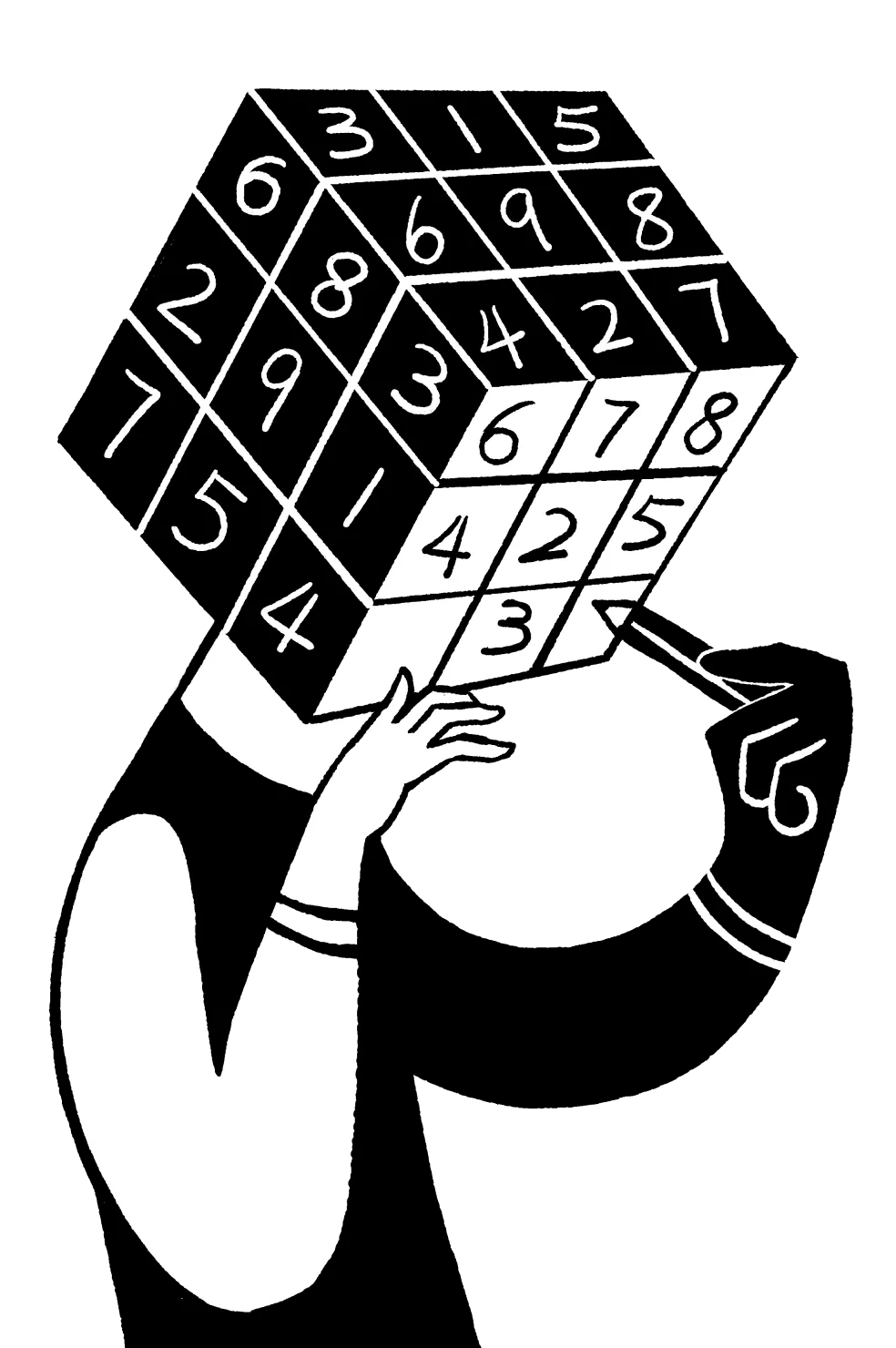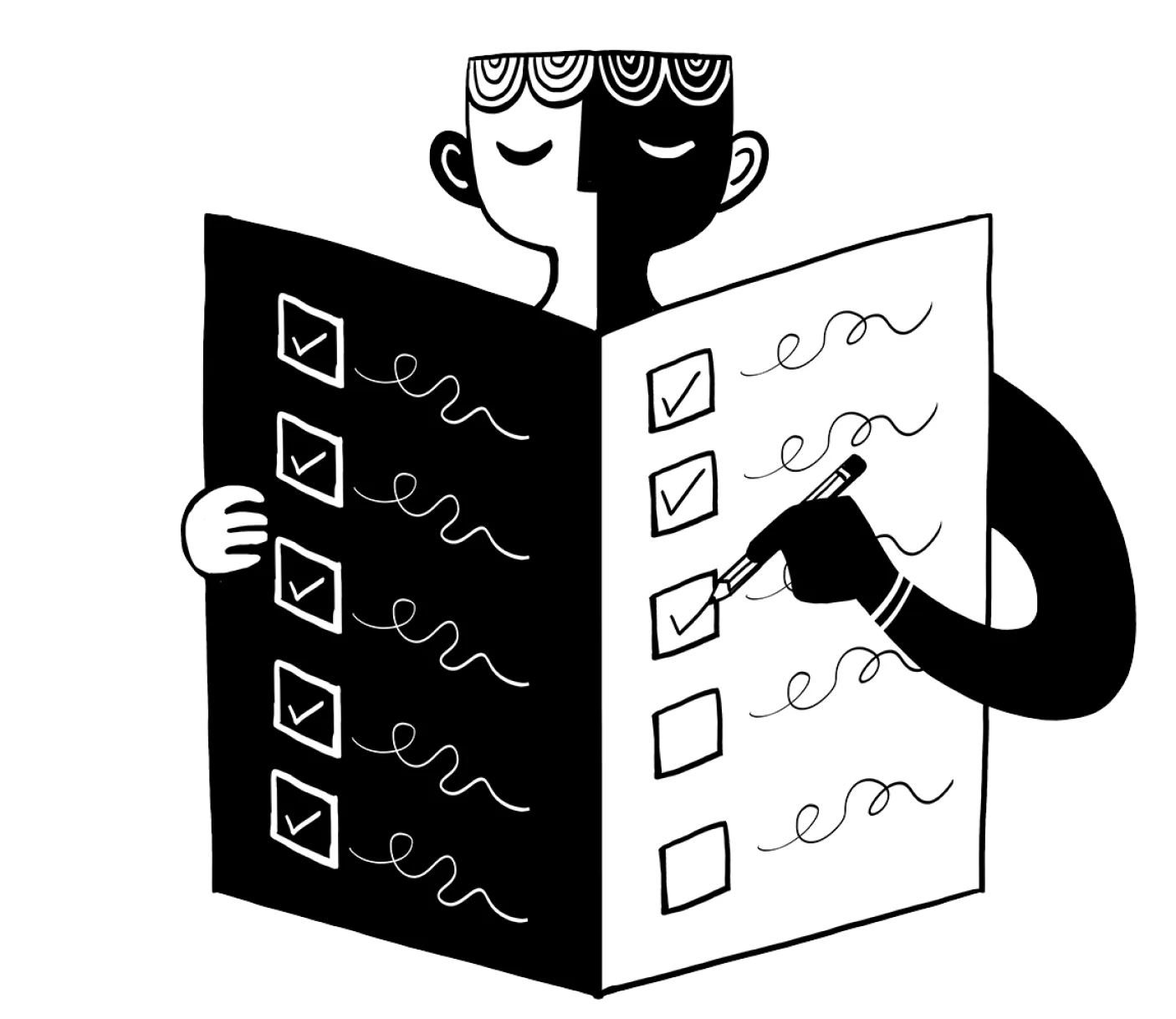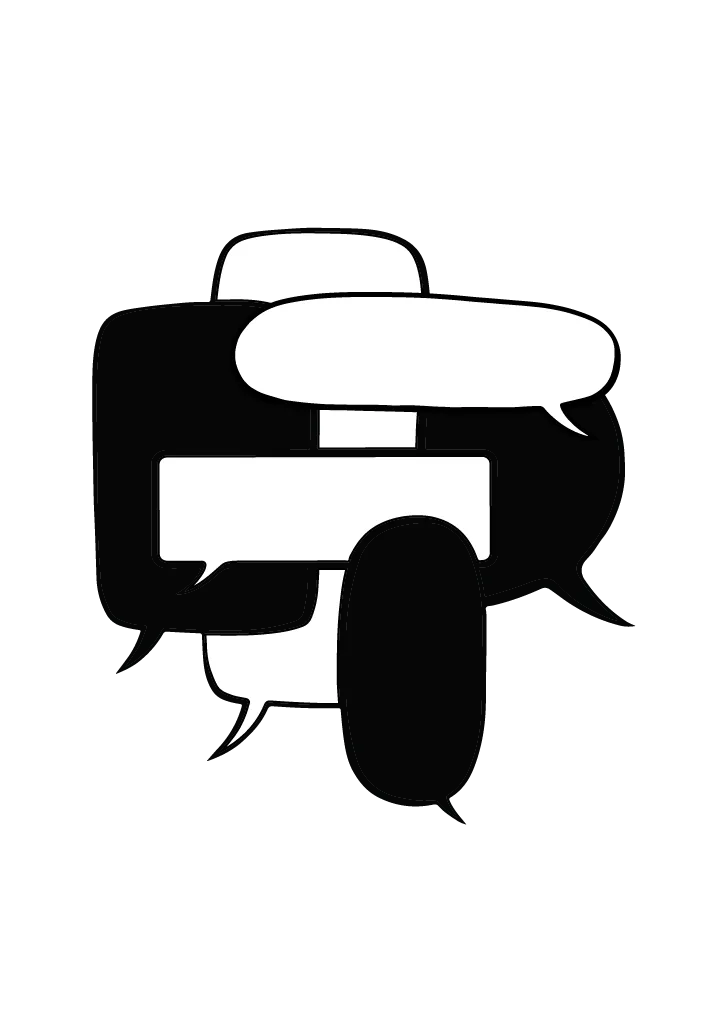


What type of negotiator are you ?
Negotiation only take place in stakeholder meetings. Wrong. In reality, we use the skill every day in tons of little ways. Think of all the moments when you balance others’ needs with your own: timelines, expectations, lunch spots, and communal resources...
Answer these 20 questions to uncover your negotiation type and become a more strategic conversationalist.
Box Media Holdings © All Rights Reserved 2025

Time to meet your
negotiation type.
But before you do, a quick note. The five Negotiation Types (Manipulative, Evasive, Deferential, Competitive, Cognizant) aren’t black and white categories. While there’s one type that describes you today, that’s very likely to change at different points in your life, or even throughout the course of a week!
So think of this as a useful framework. One meant to help you achieve agile, focused interactions, while powering your unique potential.

Hmm, your tendencies point to:
Competitive Negotiator
You might sometimes feel… impatient, ambitious, or fierce
Remember, your type can change depending on your mindset, or even the time of day! Learn more about the science.
Competitive negotiation is common, especially when we’re taught to see it as a contest. The thrill of winning can make compromise feel like a weakness, but finding common ground often leads to better outcomes with less friction. Fortunately, this is a skill you can develop to make your negotiations more effective.
That’s where CQ Negotiation comes in. The course equips you with proven techniques to navigate conflict, negotiate and foster agreements that are both effective and enduring.


Hmm, your tendencies point to:
Manipulative Negotiator
You might sometimes feel… persuasive, impatient, or misinformed
Remember, your type can change depending on your mindset, or even the time of day! Learn more about the science.
Manipulative negotiating often involves leveraging persuasion to secure what you want, a skill that can seem appealing. However, relying too heavily on this approach can damage trust, breed resentment, and make agreements short-lived. Luckily, with some adjustments, you can learn to use your strengths to build trust and achieve more sustainable outcomes.
That’s where CQ Negotiation comes in. The course equips you with proven techniques to navigate conflict, negotiate and foster agreements that are both effective and enduring.
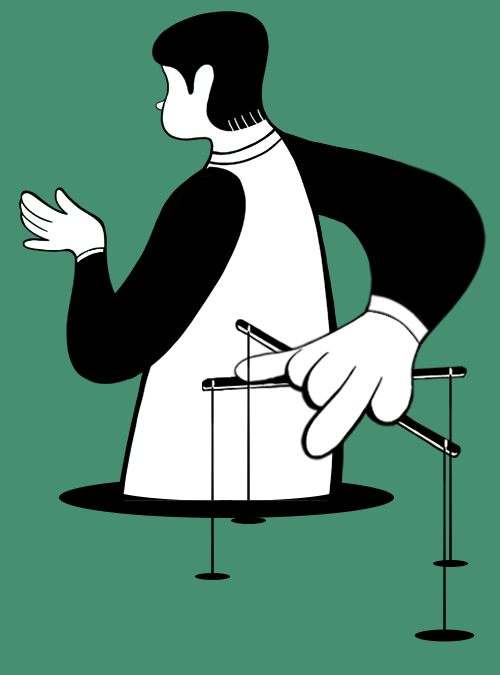

Hmm, your tendencies point to:
Deferential Negotiator
You might sometimes feel… empathetic, accommodating, or compliant
Remember, your type can change depending on your mindset, or even the time of day! Learn more about the science.
Deferential negotiating often involves prioritizing others’ needs, making compromises to keep the peace. While this can be a positive and empathetic approach, it can sometimes come at your own expense. Continually putting others first may lead to resentment if your needs remain unmet. To find the right balance, we need to reframe how we approach negotiations.
That’s where CQ Negotiation comes in. The course equips you with proven techniques to navigate conflict, negotiate and foster agreements that are both effective and enduring.


Congratulations! Today you have scored as a:
Cognizant Negotiator
More likely to be…informed, balanced, or assertive
Remember, your type can change depending on your mindset, or even the time of day! Learn more about the science.
What a result! Cognizant negotiating means you can balance your goals with others’, creating outcomes that benefit everyone. Collaborative, assertive, and persuasive - you’ve got the skills.
But don’t get too comfortable. Negotiation is an art that takes practice to maintain and refine.
That’s where CQ Negotiation comes in. The course equips you with proven techniques to navigate conflict, negotiate and foster agreements that are both effective and enduring.
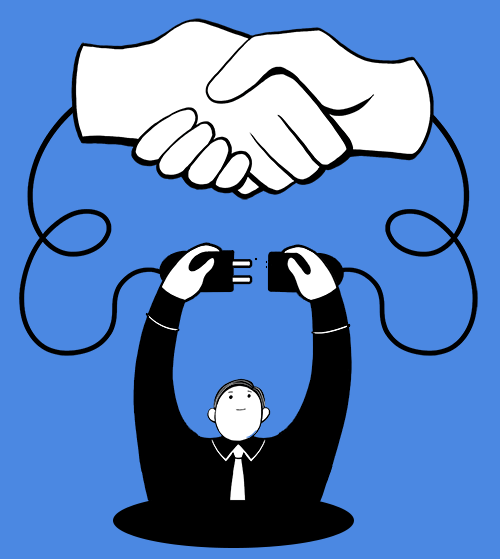

Hmm, your tendencies point to:
Evasive Negotiator
You might sometimes feel… agreeable, unassertive, or withdrawn
Remember, your type can change depending on your mindset, or even the time of day! Learn more about the science.
Evasive negotiation is common, especially when avoiding conflict feels easier than addressing it. But while it may keep the peace in the moment, it often leads to missed opportunities and unresolved issues. Evasive negotiation can leave you empty-handed when balanced discussions could have unlocked better outcomes for everyone.
That’s where CQ Negotiation comes in. The course equips you with proven techniques to navigate conflict, negotiate and foster agreements that are both effective and enduring.










